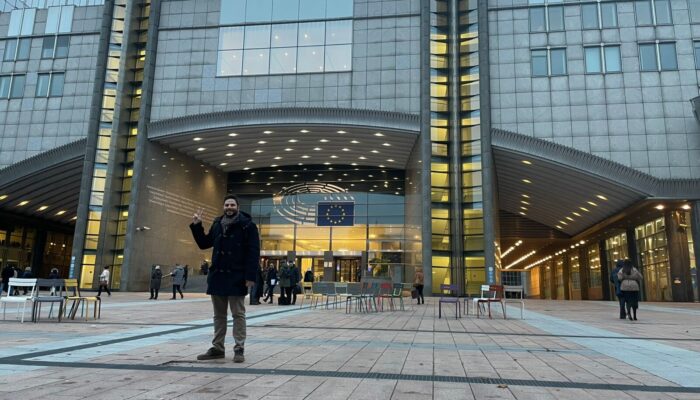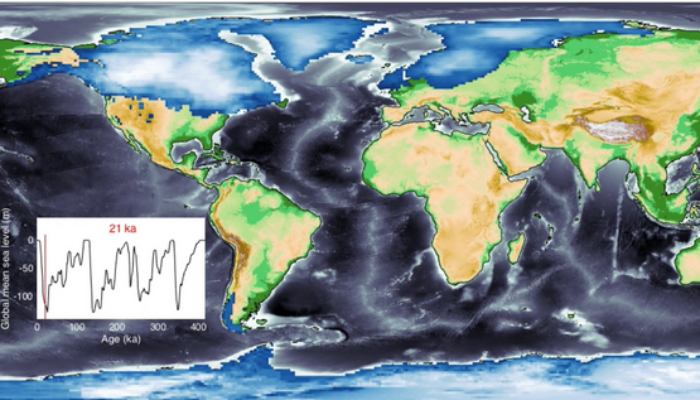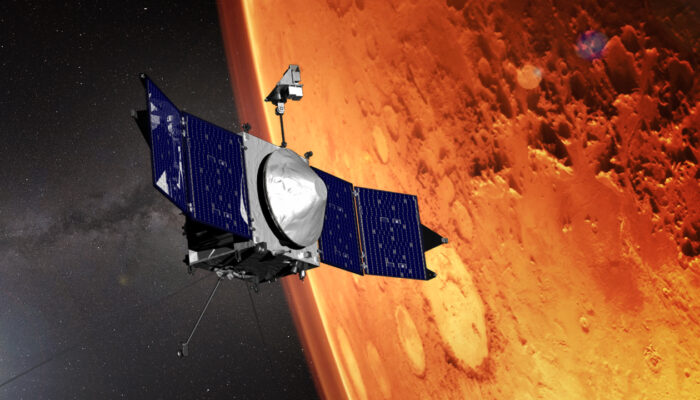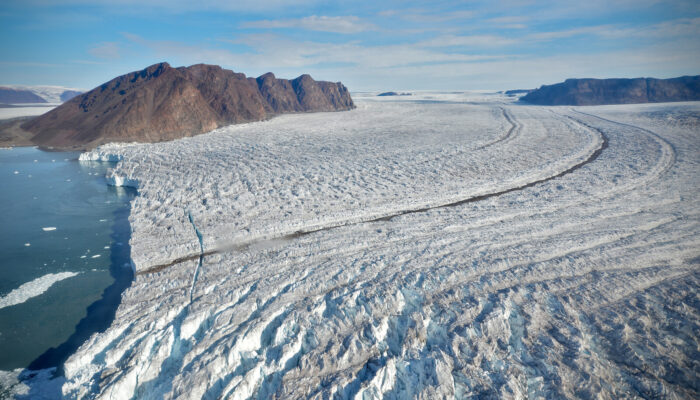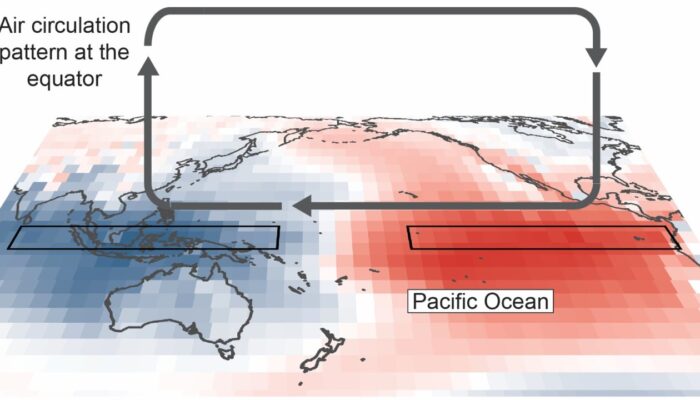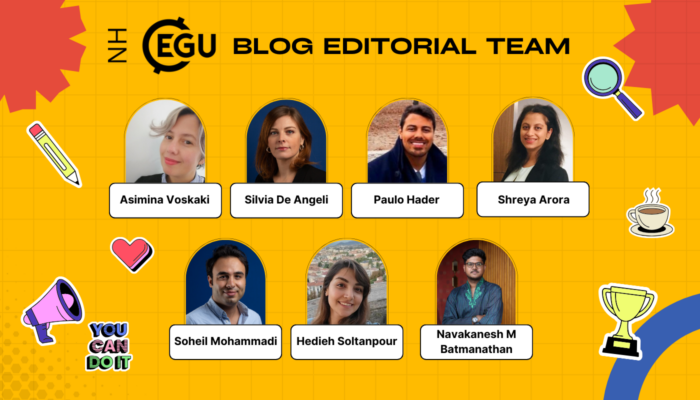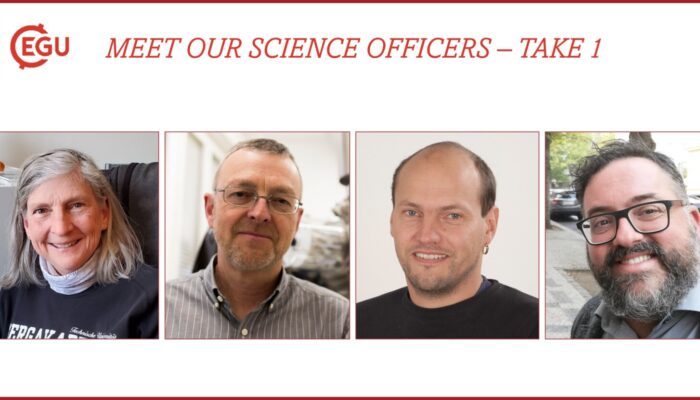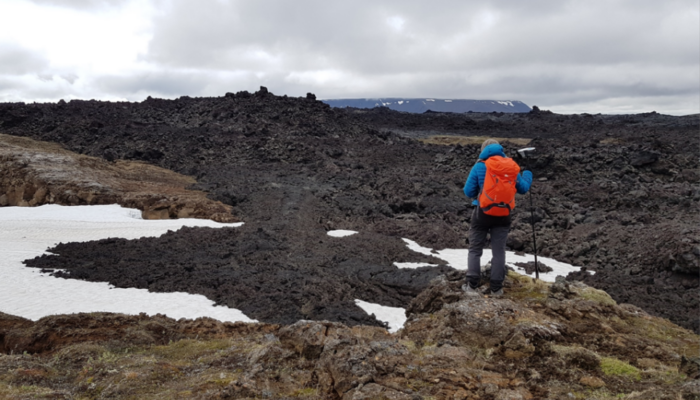Pairing schemes are a great way for researchers to learn more about policymaking processes and how science is used in political decision-making! This month’s GeoPolicy Blog post highlights various European-based science-policy pairing scheme opportunities that researchers can apply for. Science-policy pairing schemes provide researchers with the opportunity to gain a better understanding about how ...[Read More]
If you didn't find what you was looking for try searching again.
Geodesy
Calculating postglacial sea-level change within few seconds: a statistical emulator for GIA
Sea-level change serves as a direct indicator of climate change with profound implications for coastal areas. Since 1900, the global mean sea level (GMSL) has risen over 20 cm, leading to beach erosion, delta inundation, and increased flooding worldwide. Over glacial cycles spanning tens of thousands of years, interactions between ocean and continental-scale ice sheets can cause GMSL to fluctuate ...[Read More]
GeoLog
The best Christmas gift you could ask for: how a rare solar event created a once-in-a-lifetime Martian experiment
One of the realities of studying the Earth, planetary or space sciences is that we are attempting to observe an experiment that has been in progress for billions of years, with variables that are most often far outside of our control. Many researchers try to understand these systems by recreating aspects of it, either in analogue experiments or by using simulations, where the variables can be adju ...[Read More]
Geodesy
Reshaping Earth: GIA and its far-reaching effects
As the Geodesy blog team (we are growing, horaay!), we wanted to create a space for researchers to talk about their work/papers in a more simplified language. For the first post in this series, we said “Wouldn’t it be cool if we learn more about Glacial Isostatic Adjustment (GIA) models?” then we realised that we first need to uncover what GIA is. So, we passed the pen to Holger, Rebekka and Yuche ...[Read More]
Cryospheric Sciences
Give your ears a holiday treat: our favourite polar podcasts
December is a busy month, and while we are busy preparing gifts and a mindful attitude for the festive season, finishing up projects for the year, at some point, we close the laptop and take our ride of choice home. So as a little treat for your ears, we found some 8 (+1) polar podcasts for those in need of a little inspiration. The podcasts are tackled from points of natural science, policy, hist ...[Read More]
Climate: Past, Present & Future
The Walker Circulation: what is it and why does it matter
What is the Walker Circulation? The El Niño Southern Oscillation, or ‘ENSO’, is one of the major causes of year to year variability in Earth’s climate. ENSO is characterised by: changes in the temperature of the ocean’s surface in the tropical Pacific Ocean, and by changes in atmospheric circulation in an east-west direction above the Pacific Ocean. Number two in that list is what makes ENS ...[Read More]
Natural Hazards
Behind the scenes: The EGU Natural Hazards Division Blog Editorial Team unveiled!
2023 draws to a close. Looking back, our NH Division Blog has rolled out 20 different posts! We’ve chatted with awesome medallists, tackled current challenges in natural hazards, and showcased key projects and activities in the field. But who are the lovely and creative minds behind this? In this year’s final post, we’re going to find out together. The Blog Editorial Team is cu ...[Read More]
Geochemistry, Mineralogy, Petrology & Volcanology
Meet our EGU-GMPV Science officers – take 1
Once a year, GMPV enthusiastic scientists from all over the world gather around in Vienna for the fabulous EGU General Assembly, where very exciting and ground breaking science is presented to peers. While for some, the EGU may be reduced into a solid crazy week at the GA, for others is a year-round duty. The existence of the GMPV Division science officers ensures that every year GMPV’s earl ...[Read More]
GeoLog
Immersive virtual reality for engaging students and the public in geological surveys – an EGU Public Engagement Grant project
Why choose immersive virtual reality for teaching and learning about volcanoes? This is a common question that arises when approaching this modern way to explore volcanoes. The answer is clear to those accustomed to working in these captivating regions. Traditional approaches to reaching volcanic areas are fraught with challenges (danger, complex logistics, and high costs). Moreover, these locati ...[Read More]
Geodynamics
Exploration of Deep Earthquakes and Planetary Interiors
Most earthquakes on Earth start in the shallow, brittle part of the planet. However, there are several regions where earthquakes happen deep in the mantle. Where are these regions? Why do these earthquakes get so deep? In this week’s blog post, Ayako Tsuchiyama from the Massachusetts Institute of Technology (MIT) takes us on a journey into the mysterious world of deep earthquakes. Growing u ...[Read More]

